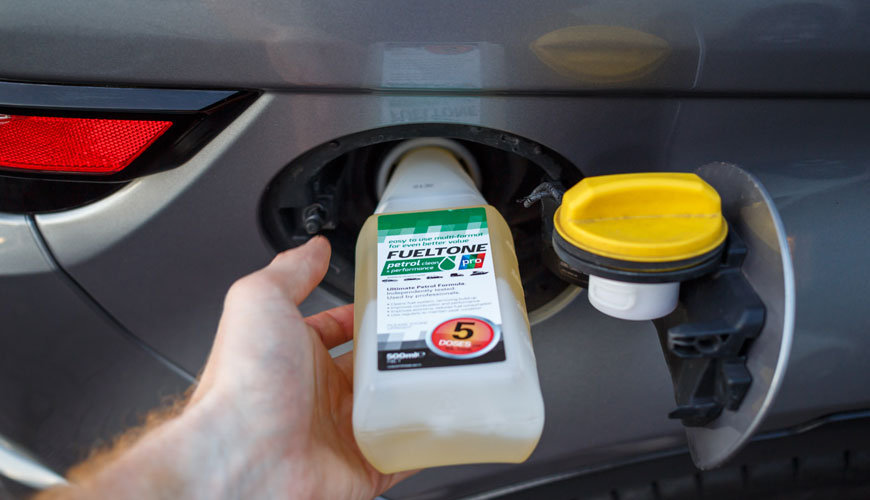

There are two main types of fuel additives: fuel performance enhancers and fuel stabilizers. Fuel additives used for performance enhancement aim to improve the characteristics of the vehicle engine while it is running or in use. Fuel stabilizers (stabilizers), on the other hand, are designed to keep fuel in a functional condition when stored unused for long periods of time.

Impressive claims are often made about how fuel or gasoline additives will improve engine performance. However, the accuracy of these claims is debatable.
A few fuel additive products are described below:
Basically, the benefits claimed by the manufacturers are increased fuel economy, improved performance, lower emissions and longer engine life, and the vehicle is expected to run more smoothly.
In general, these additives work well on older, high mileage engines that have been neglected or missed on regular maintenance. But in a newer, well-maintained vehicle it's unlikely to offer any benefit.
Our company also provides fuel additive products analysis services with its trained and expert staff and advanced technological equipment, among the numerous test, measurement, analysis and evaluation studies it provides for businesses in various sectors.
To get an appointment, to get more detailed information or to request an evaluation, you can ask us to fill in our form and reach you.